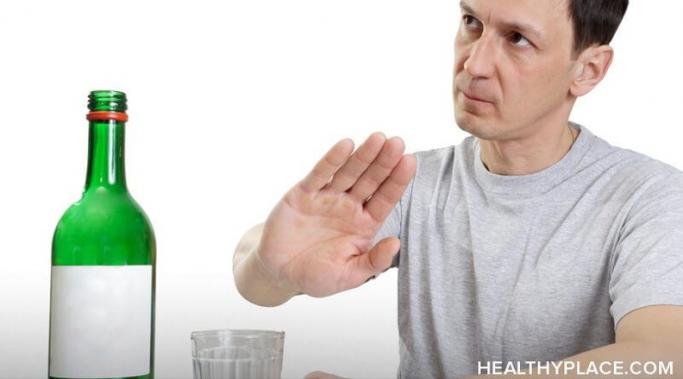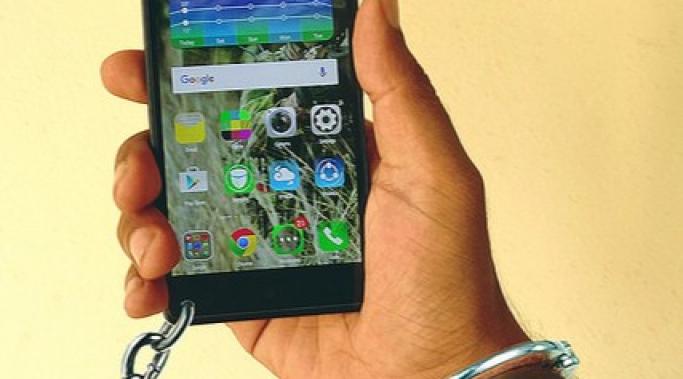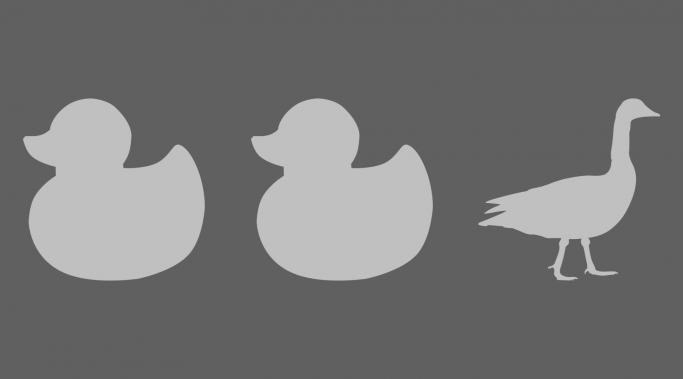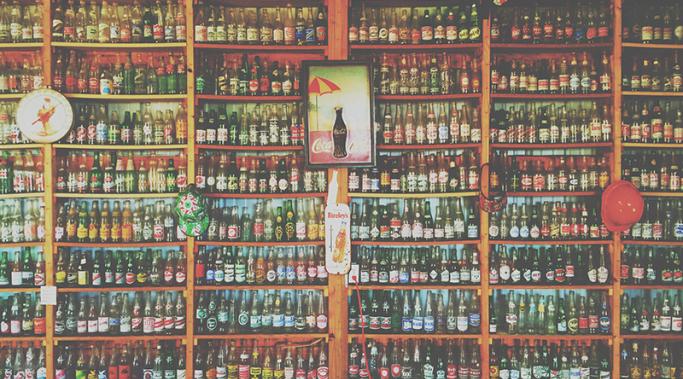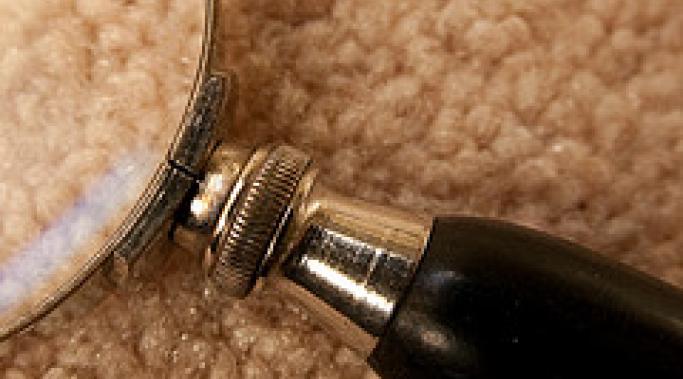If you spend any time at all in the rooms of Alcoholics Anonymous (AA), you will likely hear the term “dry drunk” referring to someone who is in addiction recovery and, in fact, still sober. I didn’t understand the term until I had been in the program for a while. I wondered to myself how could someone be a drunk when they were remaining sober. However, I learned that sobriety isn’t the same as recovery and a dry drunk is sober, but not actively recovering from his or her addiction.
Addiction Signs and Symptoms
Is there an addictive personality? The most recent research involving the addictive personality concept indicates no single, addictive personality type exists (Addiction Symptoms: Signs of an Addict). However, certain groups of traits seem to indicate predisposition to addiction.
Addiction is my behavior, it is not about a substance run wild. My alcoholism is rooted in negative behavior that requires rigorous mental health treatment. Even though I am an alcoholic in recovery, I feel that my substance of choice is just a symptom of my addictive personality. My addiction becomes stronger when I engage in one of three behaviors because my addiction is a behavior and it's not about the substance.
Withdrawal symptoms from stimulants, marijuana and hallucinogens is not considered directly life-threatening by the medical community. However, the withdrawal symptoms can still be dangerous, as can the behavior associated with the withdrawal symptoms of stimulants, marijuana and hallucinogens.
Substance use withdrawal from alcohol, opiates and benzodiazepines is unpleasant and can be dangerous or even fatal, as I wrote about in my last post, Dehumanizing Addicts: A Stigma Leading To Deaths. But different substances produce different kinds of withdrawals and dangers. Here is an overview of withdrawal symptoms for alcohol, opiates, and benzodiazepines (a future post will address more substances).
How do you know if you're addicted to your phone? Phones and tablet devices are rapidly becoming the most addictive substances in Western culture (What Is Addiction? Addiction Definition). The extent to which we use and rely upon our phones is staggering. We are rapidly becoming a society full of cell phone and social media addicts, thanks to fantastic developments in cell phone technology intended to improve our lives. The first step to abating the rise of phone addiction is to spread awareness about what it means to be addicted to your phone.
Alcohol is well-known for its disinhibiting effect on people, and many people believe a drunken person's behavior can quickly change from being a bad choice to alcohol-induced behavior (Short-Term, Long-Term Effects of Alcohol). A video of a Miami doctor raging against an Uber driver over the weekend has gone viral. Dr. Anjali Ramkissoon, suspended from her job due to the video, implores other people to learn from her actions. She has accepted responsibility, acknowledged that she acted inappropriately, and now begs for forgiveness, stating that her behavior was grossly out of character. Dr. Ramkissoon does not, however, seem to acknowledge the role that alcohol may have played in the incident, which appears to be the teachable lesson in this situation (What Is Alcoholism?). Learn how to determine when a person's behavior goes from simply being a bad choice to alcohol-induced behavior, and what can be done to prevent similar incidents in the future.
Similarities, not differences, are the key to determining whether or not you are an alcoholic. My ability to find differences between myself and the stereotypical alcoholic was my greatest tool for living in denial. As long as I could find the differences, I could ignore painful truths. This was especially true in early sobriety. If you only compare stories to find differences, you will always find an excuse to claim you are not an alcoholic.
Caffeine is a drug and it creates dependency, but are caffeine addiction and dependency real disorders? Caffeine intoxication and caffeine withdrawal syndrome are included in the new Diagnostic and Statistic Manual of Mental Disorder (DSM-5) of the American Psychiatric Association. However, caffeine-related disorders is treated separately from substance abuse disorders. Should it be? Should caffeine addiction and dependency be separate from substance abuse disorders?
Therapists and counselors use specific addiction diagnostic criteria when considering alcoholism or addiction in their clients. However, they only know as much as you, the patient, tell them. Therefore, you are really the only person who can determine whether or not identifying or diagnosing alcoholism is appropriate for you (take the Alcoholism Test).
